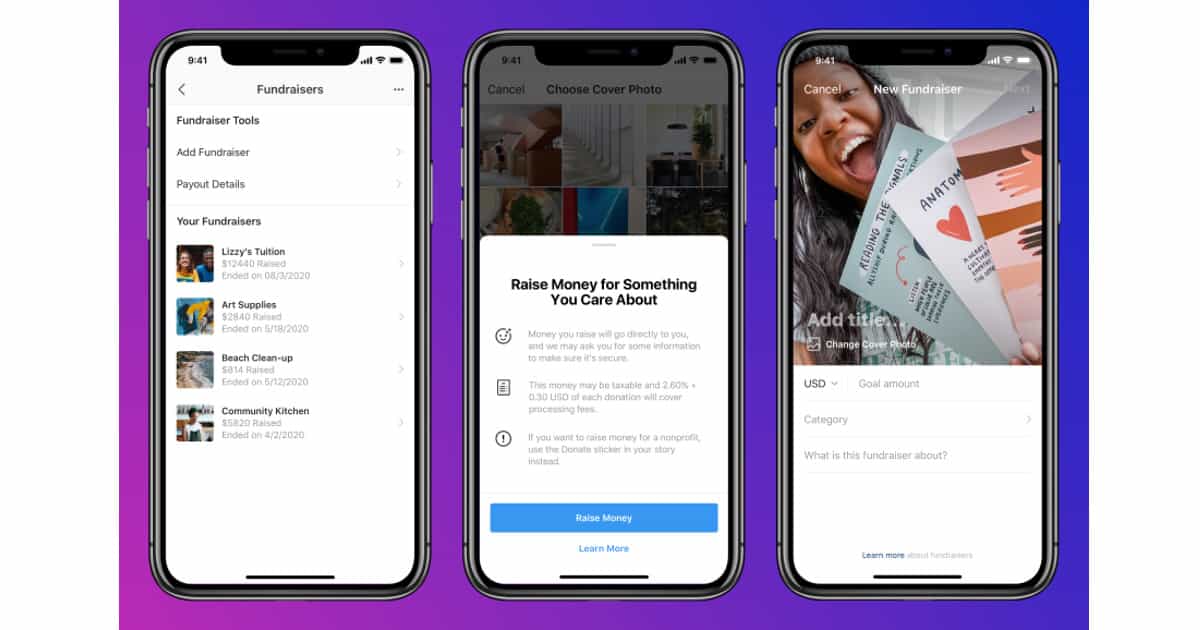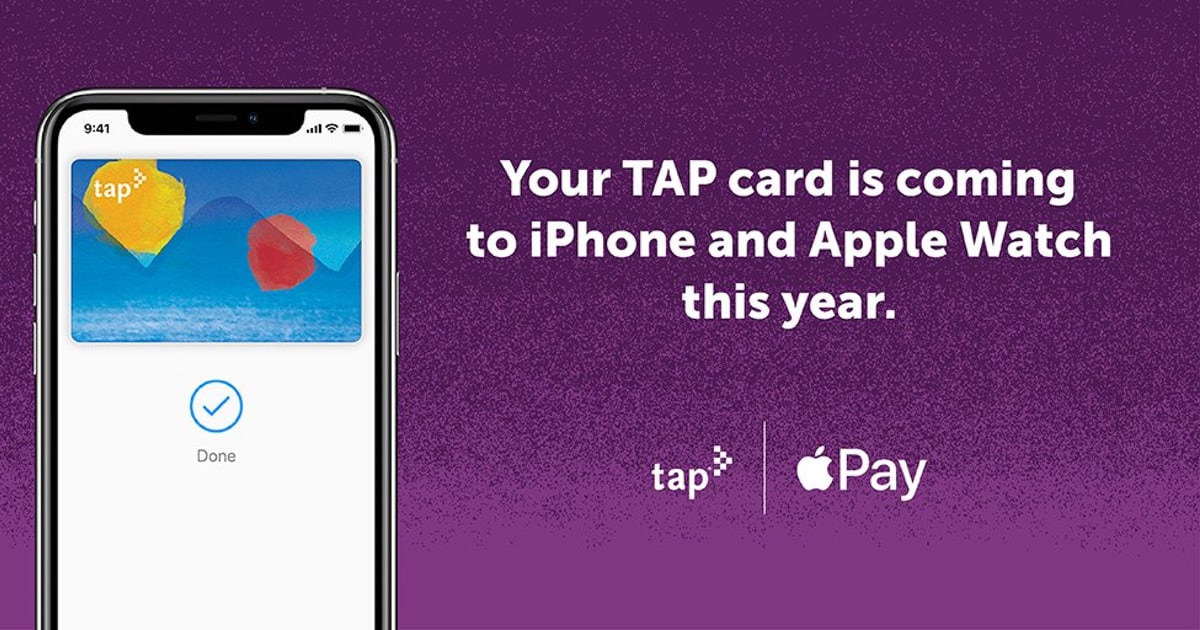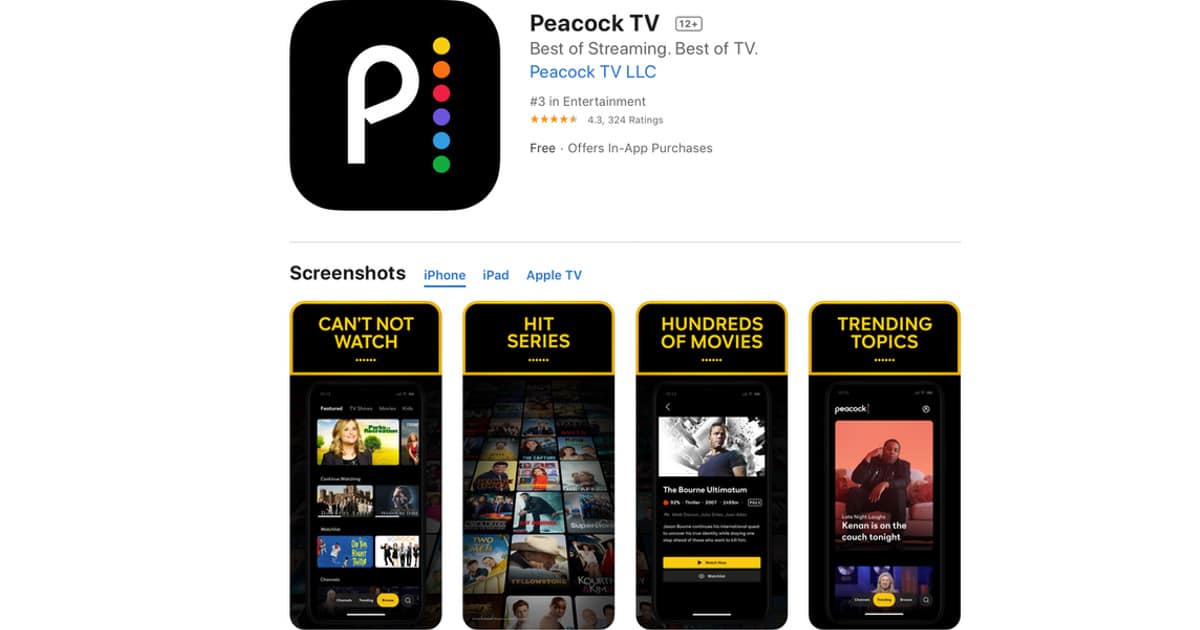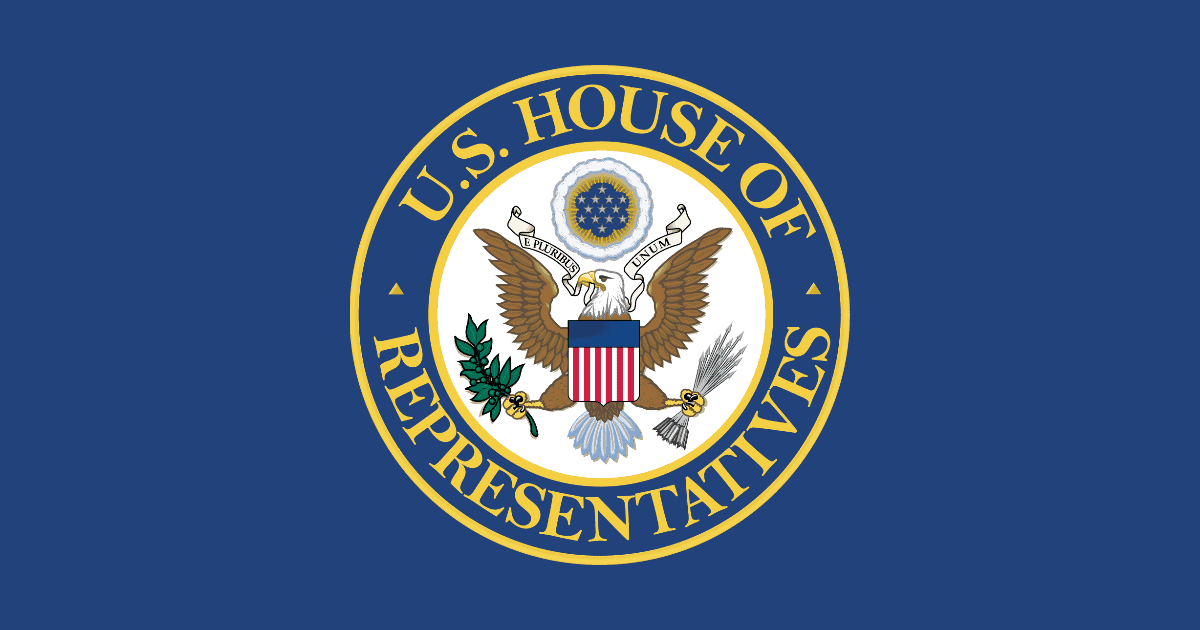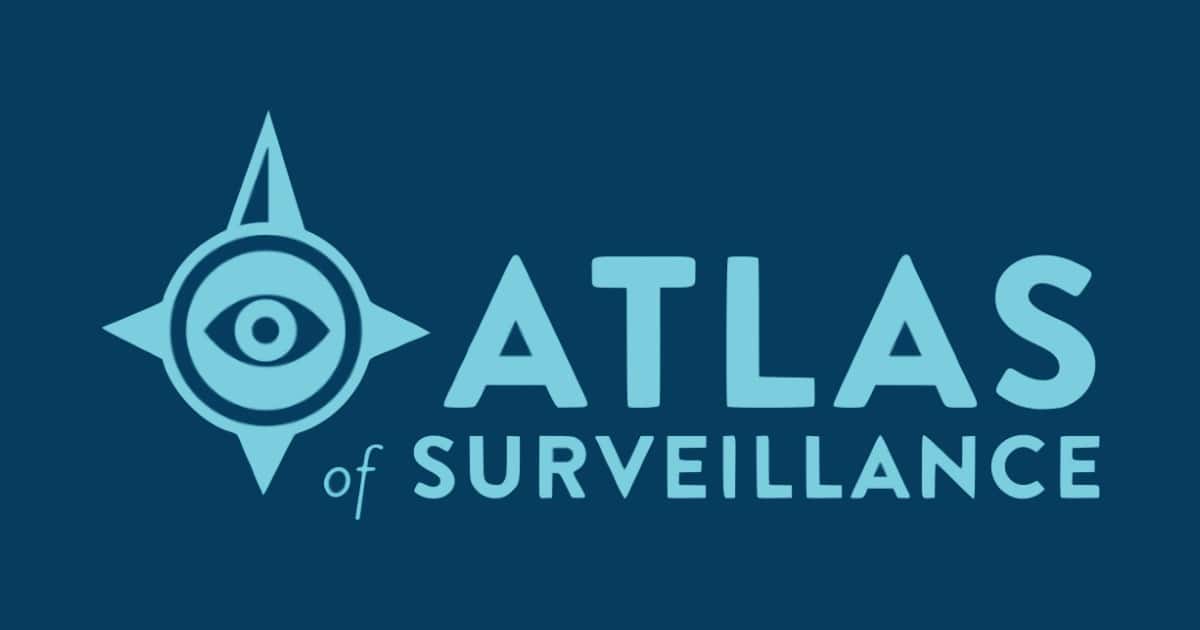Instagram is rolling out a new way to fundraise. Parent company Facebook made the announcement in a blog posted, published on Tuesday. The tool will be made available to users in the U.S., UK, and Ireland over the coming months.
We’re making it easier to create fundraisers directly on Instagram that benefit such personal causes. To create a Personal Fundraiser tap Edit Profile, Add Fundraiser and then Raise Money. Choose a photo, select a fundraiser category and add details to help tell your story and encourage others to donate. Then you’ll enter your information for Stripe, our payment processor for donations. And when you’re finished, you’ll tap Send to submit your fundraiser for review. All fundraisers go through a review process to make sure they are for eligible causes. Once approved, you can start raising money. Each fundraiser lasts 30 days, but can be extended as many times as you want. You must be at least 18 years old to create a fundraiser.
